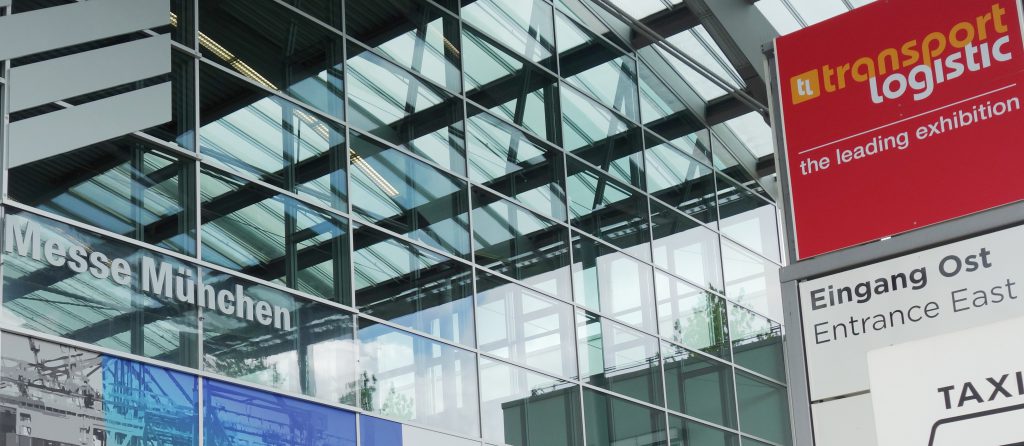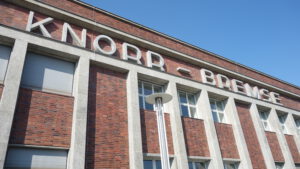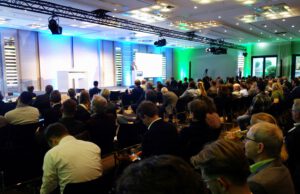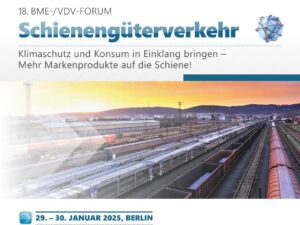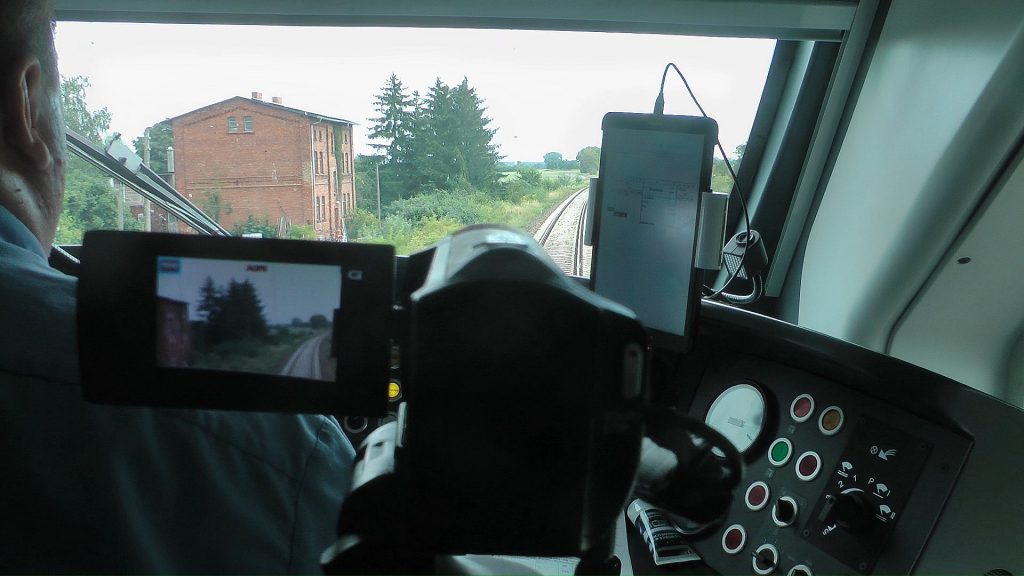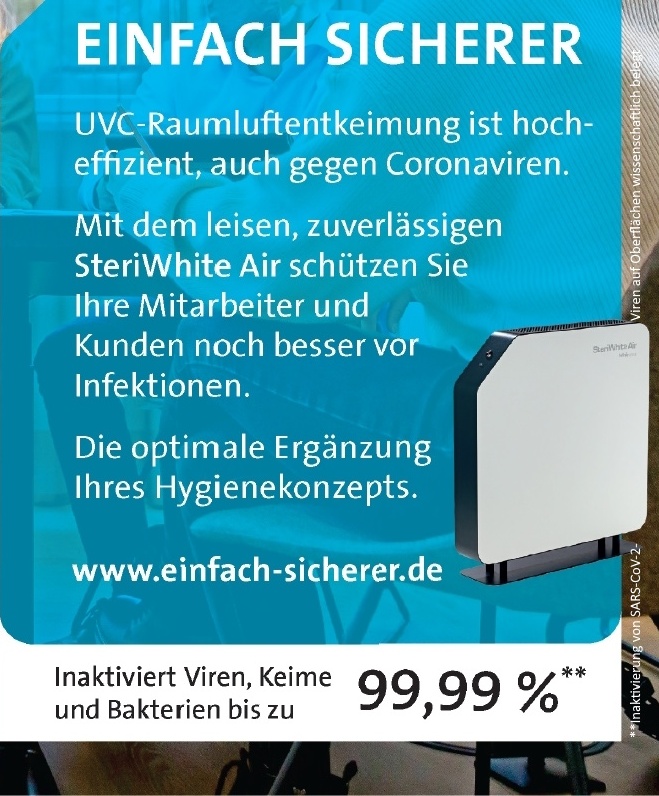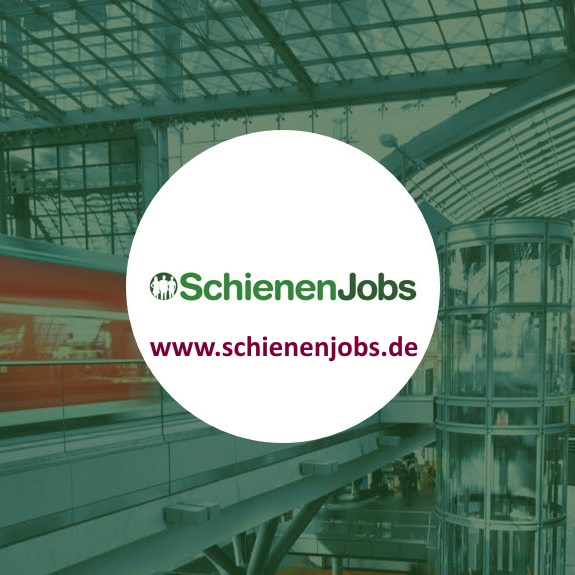Also present again: the “Red Sofa” of the German traffic newspaper DVZ, which is published by the Hamburg specialist publisher dvv. Immediately after the opening of the fair, Germany’s Federal Minister for Digital Affairs and Transport, Volker Wissing, rushed to this sofa to comment on current topics in the industry.
“If we want to be competitive on the world market, we need extremely high efficiency in logistics – and that requires a very good infrastructure,” said the minister. When it comes to infrastructure, Germany clearly needs to eliminate past deficiencies. Because the current Logistics Performance Index found: After nine years, Germany has to cede the title of logistics world champion to Singapore. According to Minister Wissing, ambition is also required when it comes to decarbonisation: “We have to show people that logistics, mobility and climate protection can be reconciled.” On May 12, an industrial-technical heavyweight will again be heading for the Red Sofa: Volker Albrecht, CEO of Siemens Digital Logistics.
Trade fairs are good occasions to publicly announce the conclusion of new contracts. So did the mobility and technology group Siemens Mobility and the FS Italiane Group. Together with the subsidiary TX Logistik AG, the Italian state railway signed a contract at the transport logistic for the delivery of 40 Vectron MS locomotives. The order includes maintenance for 15 years plus an optional extension until the next revision. An option to order 25 additional vehicles was also agreed. The locomotives will be built in the Siemens Mobility plant in Munich-Allach and are intended for freight traffic on the Rhine-Alpine corridor. The total order volume is around 300 million euros.
HSL Netherlands: new certificates
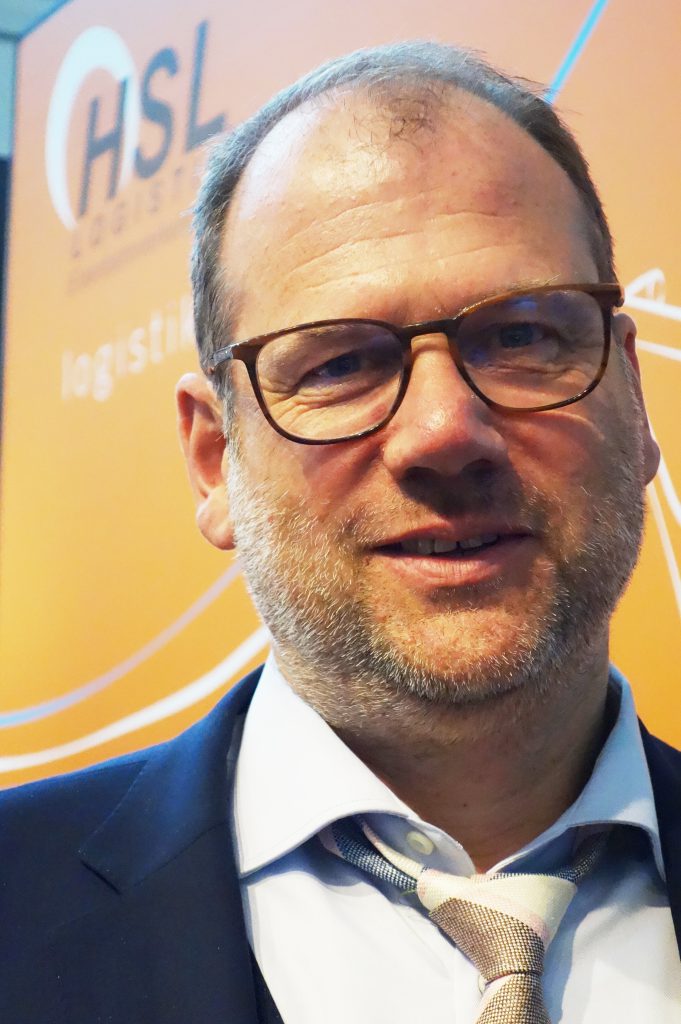
In an interview with the CARGO FREIGHT JOURNAL, the CEO of HSL Netherlands Sven Schallach was pleased. “In keeping with the trade fair, we have received a five-year extension of our certificates from the Dutch authorities! This means we can continue to operate our full service.”
The HSL Group has licenses in eight European countries and is also active there. In addition to the Netherlands, these are Germany, Poland, the Czech Republic, Slovakia, Austria, Belgium and Switzerland. HSL Logistik has existed since 2003. It is a purely private, owner-managed company, which therefore also has to assert itself against state competition on the rails. It is doing this successfully: The competitor report 2021/22 of the Association of Private Railways mofair shows HSL in 7th place in the German company ranking. If you exclude the freight railways, which are dominated by state railways, HSL even ranks 4th in Germany. The transports are flanked by extensive training services for railway workers in several specialist academies associated with the group. At the end of the trade fair day on Wednesday, there was a colorful, multilingual hustle and bustle at the HSL stand at transport logistic – representatives of the various national companies showed that they could not only work, but also celebrate with the customers.
WECON: Innovative systems
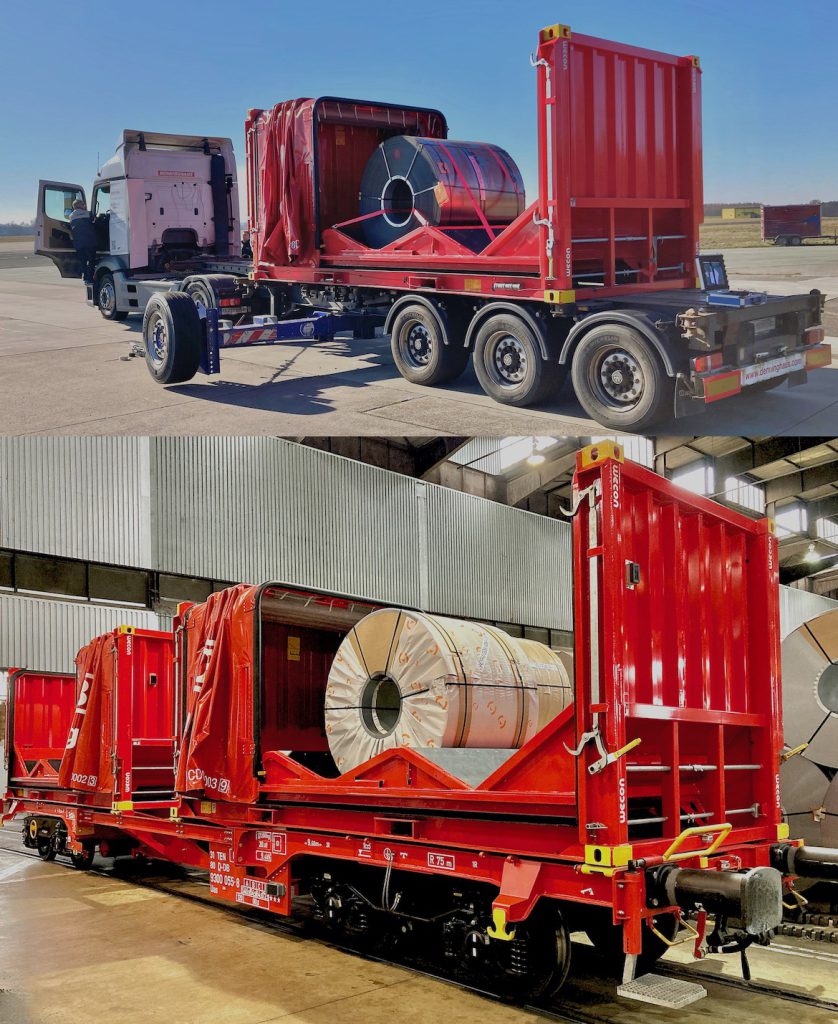
The manufacturer of commercial vehicles and container technology from Westphalia/Germany, WECON, presented an innovative transport system for combined freight transport by road and rail. “Our customers are counteracting the increasing pressure from demands for low CO2 emissions, the lack of truck drivers and traffic jams on the roads,” explained WECON Managing Director Daniel Hemker about the current market with higher demand and more movement in the transport business.
Despite the deficits that still exist on the railways, shifting freight traffic to rail is the obvious alternative and a clear trend. “We help hauliers in their transformation to combined freight transport by offering them strong advantages and great benefits.”
The IMPERATOR large-capacity swap body is now available from WECON in several model variants as a product family. In the “Classic” model division, these include the Imperator C and the Imperator CBI for the beverage industry. The latter is particularly suitable for the transport of palletised beverage crates and barrels with space for 34 Euro pallets and a possible payload of more than 29,000 kg in combined transport.
WECON also scored with the “NIKRASA” handling system, which was further developed together with TX Logistik. The new loading platform now allows all transporters, even up to now ang to simply load semi-trailers that cannot be craned onto rails. This gives them a new level of flexibility, as 95 percent of all semi-trailers were previously not cranable. NIKRASA is now being launched in the third product generation with further improvements and has been successfully tested in rail and terminal operations. The advanced construction no longer requires a terminal ramp, is stackable and has been optimised once again for rail transport of mega trailers.
RAIL FREIGHT FORWARD: Management moves from RCG to DB Cargo
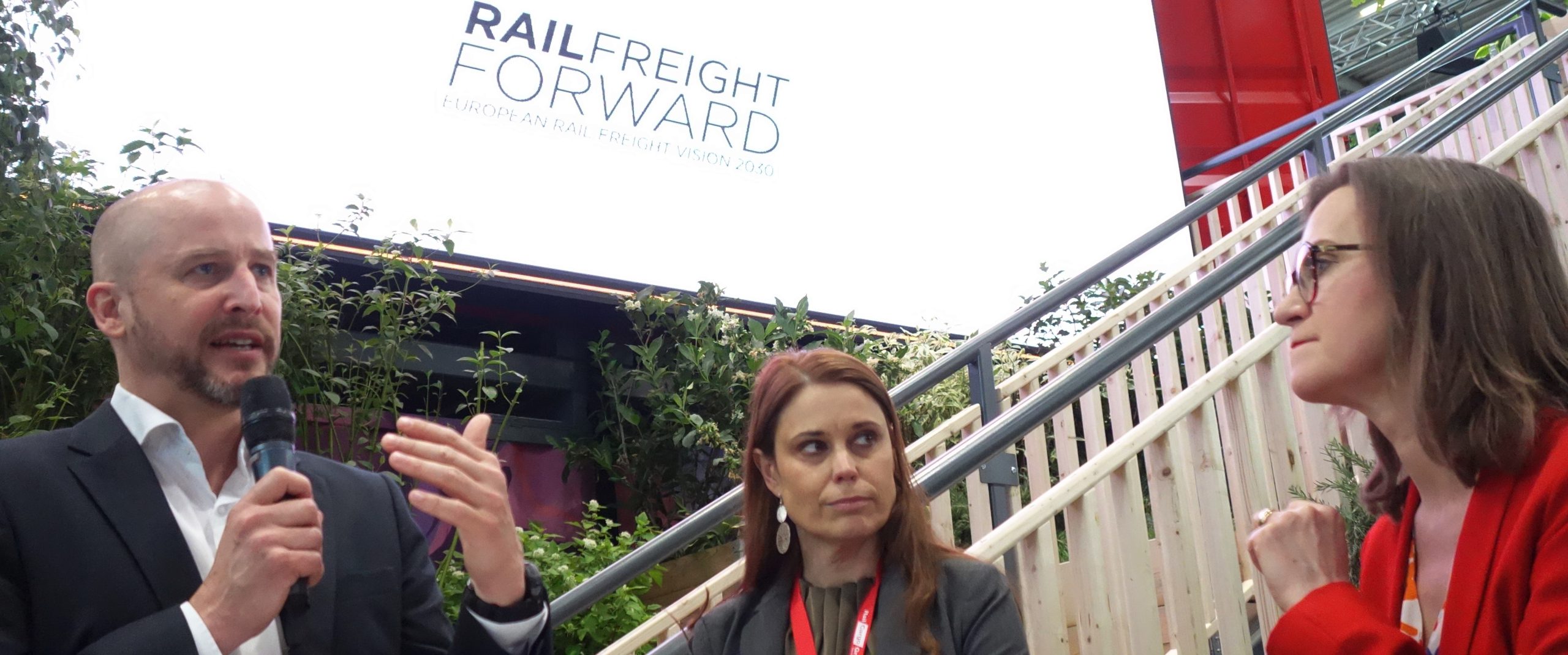
The stand of the ÖBB Rail Cargo Group had a family atmosphere. For five years, RCG CEO Dr. Christian Först has headed the initiative for European rail freight since it was founded. Först has now handed over the management to Dr. Sigrid Nikutta, DB Board Member for Freight Transport and Head of DB Cargo AG. Nikutta emphasised the common goal: “If it is possible to transport more goods by rail, the climate goals of the European Union will also be achieved. A 30 percent share of freight trains in the continental transport mix is feasible – with the digitalisation and automation of rail transport.”
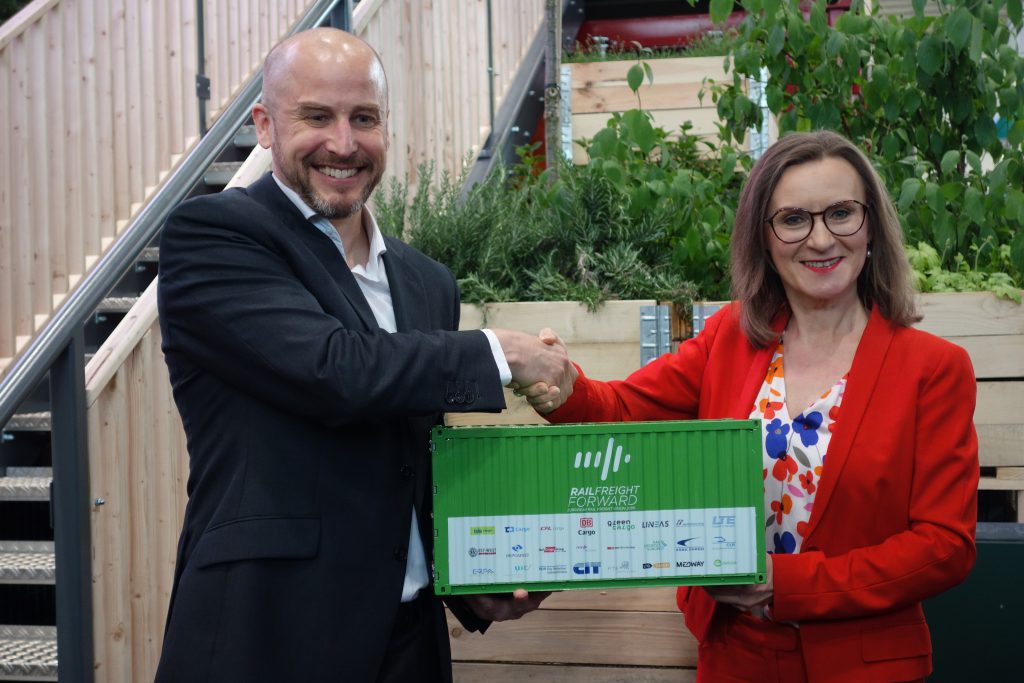
A key to this are uniform European standards for rail. Whether digital signaling technology such as ETCS or new couplings on freight wagons such as the Digital Automatic Coupling (DAC) – “rail modernisation is a Herculean task that cannot be left solely to the transport companies or the rules of the market. Investments in rail pay off – for climate protection in Europe and the world.” Först recalled the beginnings of the Rail Freight Forward initiative, which was founded in particular by representatives of the Luxembourg freight transport company CFL Cargo.
“Five years ago, with the art project “Noah’s Train”, we made people aware of the climate rescuers on rails for the first time,” recalled Först. Since then there has been a new awareness in society and politics for climate protection. “Traffic is a key part of the climate problem, and rail is an elementary part of the solution. That’s why we not only drive innovations in rail freight transport – we also fight for fair competitive conditions compared to the road and more capacity on the rail network”.
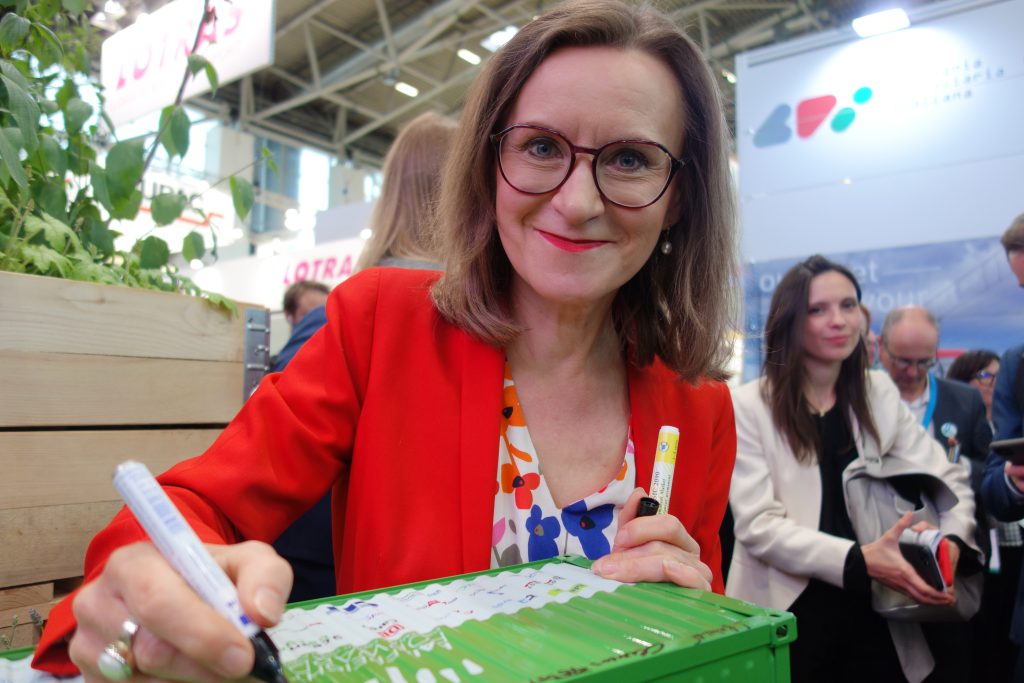
The coalition is made up of rail freight companies and is supported by the associations CER, UIC, EFRA and VDV. The current members of Rail Freight Forward are BLS Cargo, CD Cargo, CFL cargo, CIT, DB Cargo, Fret SNCF, FTE, Green Cargo, Lineas, LTE Group, LTG Cargo, MEDWAY, Mercitalia, Ost-West Logistik, PKP Cargo, ÖBB Rail Cargo Group, Renfe Mercancias, SBB Cargo, and ZSSK Cargo.
60 percent of all freight trains cross at least one national border. Around 50,000 to 60,000 freight trains per week supply the continent with its around 450 million people and their economy. Ten European rail freight corridors (RFC) are the heartbeat arteries of the European economy, it was said, six of them go through Germany, which therefore bears a special responsibility.
Hermann Schmidtendorf, Editor-in-Chief


